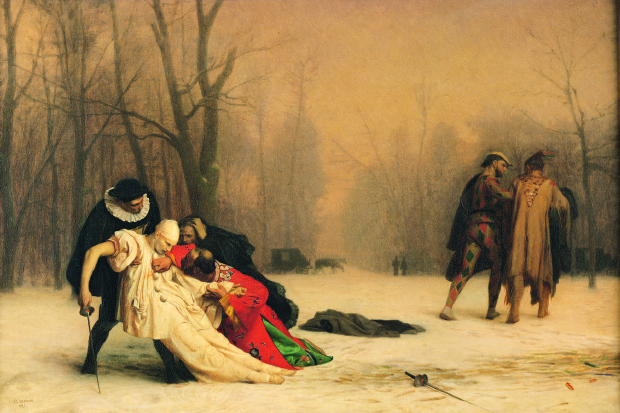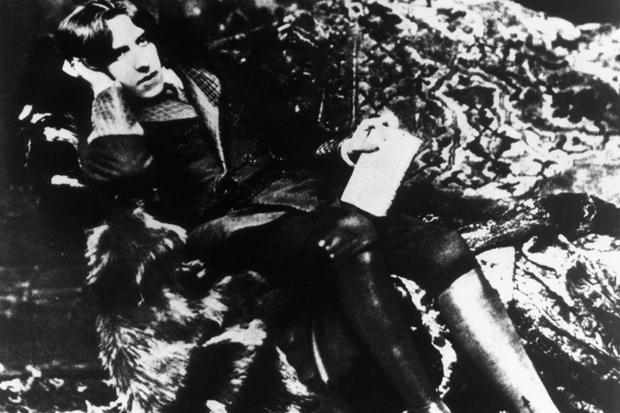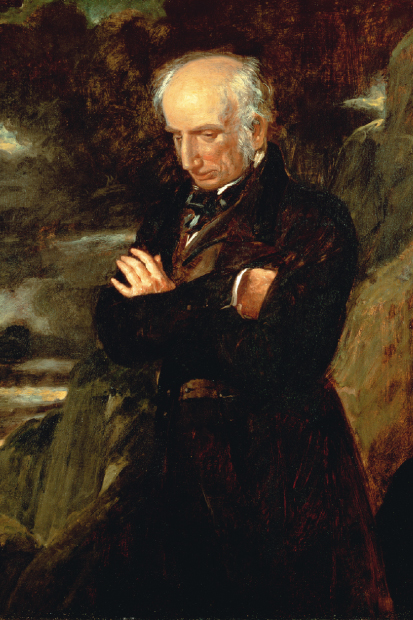The two opening volumes of Margaret Atwood’s trilogy have sold over a million copies. One of them managed to be shortlisted for the Man Booker prize in the nadir year that D.B.C. Pierre’s Vernon God Little won. Entitled Oryx and Crake (2003) and The Year of the Flood (2009), they depict planet Earth after humankind has been obliterated by a pandemic triggered by a newly devised pharmaceutical that arouses sexual rapture and retards ageing.
Already a subscriber? Log in
Subscribe for just $2 a week
Try a month of The Spectator Australia absolutely free and without commitment. Not only that but – if you choose to continue – you’ll pay just $2 a week for your first year.
- Unlimited access to spectator.com.au and app
- The weekly edition on the Spectator Australia app
- Spectator podcasts and newsletters
- Full access to spectator.co.uk
Or
Unlock this article
You might disagree with half of it, but you’ll enjoy reading all of it. Try your first month for free, then just $2 a week for the remainder of your first year.













Comments
Don't miss out
Join the conversation with other Spectator Australia readers. Subscribe to leave a comment.
SUBSCRIBEAlready a subscriber? Log in